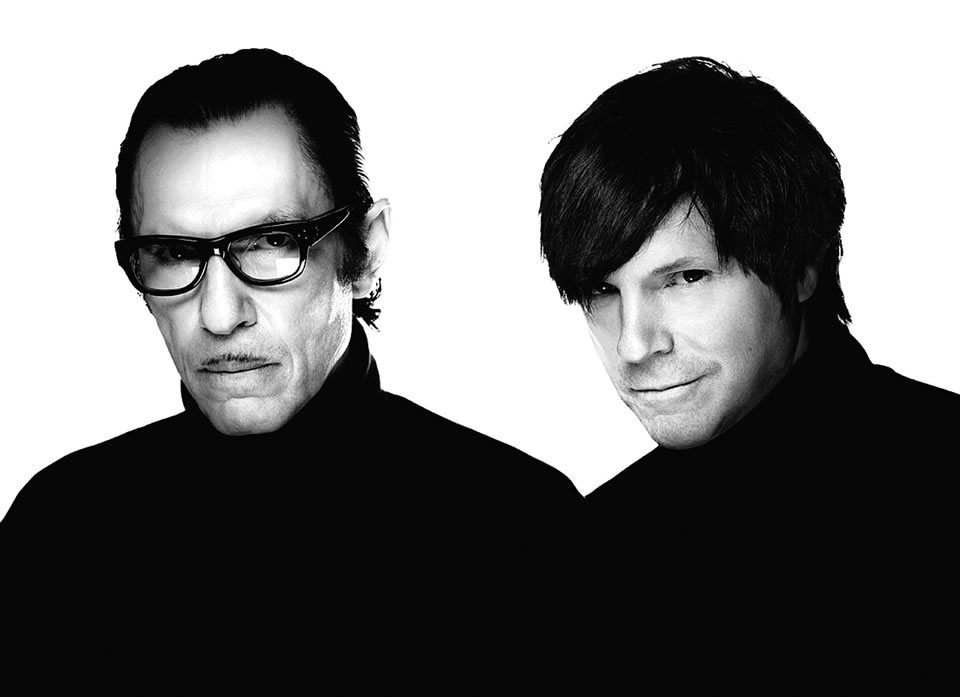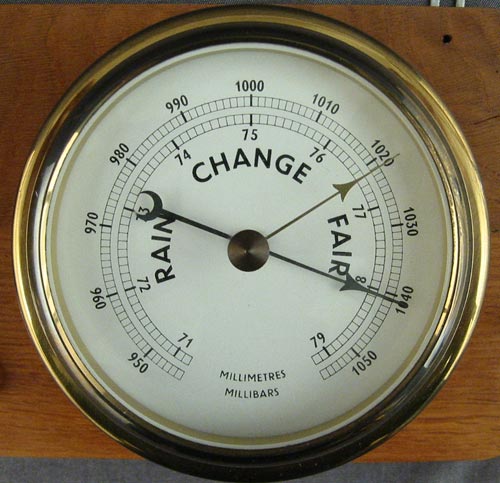Editorial note: Opinions expressed here are solely those of the blogger
The music journalist Chuck Klosterman once made an interesting analogy about beer, comparing it to drinking coffee. The point Klosterman made is that you can’t stand it the first few times you try the beverage; then you eventually realize how enjoyable it is. I have had the same experience reading Science Fiction.
For a big part of my life I pretended to like Science Fiction. Sure, we all get that Star Wars has been part of our zeitgeist for quite some time. But George Lucas’ original 1977 film ushered in a wave of Science Fiction that continued through the 1980’s that included the original Battlestar Galactica television series, Star Trek film adaptation, The Black Hole, Flash Gordon, Tron and David Lynch’s 1984 adaptation of the 1965 Frank Herbert novel Dune. I vividly recall my brother Jonathan, father and I seeing Dune in a movie theater in early 1985. As a 14-year-old, I found the movie long, boring and insanely confusing. But I wanted so badly to like it.
Basically, my attitude toward the movie Dune was emblematic of my attitude toward Science Fiction in general. I always viewed it as an outsider’s genre, in the best sense of the word, that had a huge influence on popular culture, and featured an impressive visual element and eerily prescient plotlines. I just didn’t get it.
And then something strange happened about six or seven years ago. After all the years of pretending to like Science Fiction and its often-paired genre, Fantasy, I started actually liking it. Now it’s pretty much all I read, focusing on authors like Michael Moorcock, Orson Scott Card, Stephen R. Donaldson and Kim Stanley Robinson, to name a few.
Dune, however, remained my white whale. I actually had forced my way through the book about 11 years ago and always felt like I was reading one book while Frank Herbert likely had envisioned another. But that was before I really “got” Science Fiction.
I had a birthday coming up so I asked my brother Jonathan to gift me the first three books in the series. Jonathan, you, see is a long-time Science Fiction fan and has traveled the Dune universe, which includes an almost dizzying array of prequels, spinoffs and the like, for several years. But I’m something of a rabbit hole traveler. Whether it’s an author, band or musician, I like completely immerse myself for a short, intense period of time. I knew my brother would be the ideal guide.
So I started Dune and finished after about six weeks. It is a slow book, no doubt about it, with multiple characters and a confusing plotline I won’t even begin to describe. But, if you find palace intrigue, environmentalism and politics interesting, I don’t believe you can find a better book that combines all these elements.
I currently am on the second book in the series, Dune Messiah, and have every intention of reading the remaining four, and perhaps the prequels. It’s a perfect summer reading journey, traveling down a rabbit hole that is intense, escapist and ripe for discovering. If you have a sense of adventure and are seeking a literary challenge, I highly recommend it.








